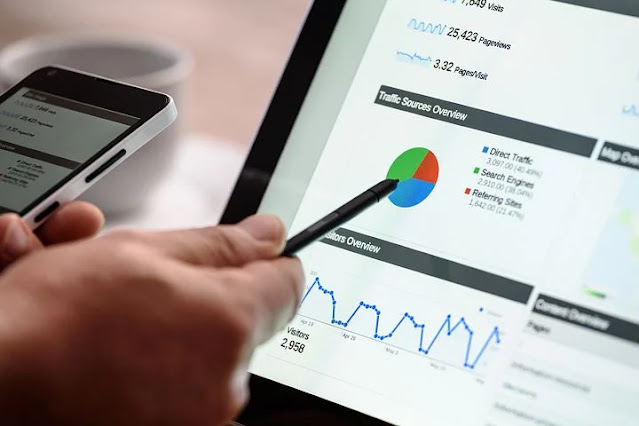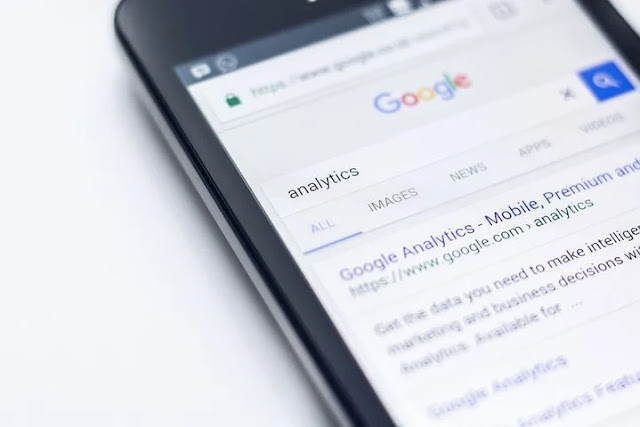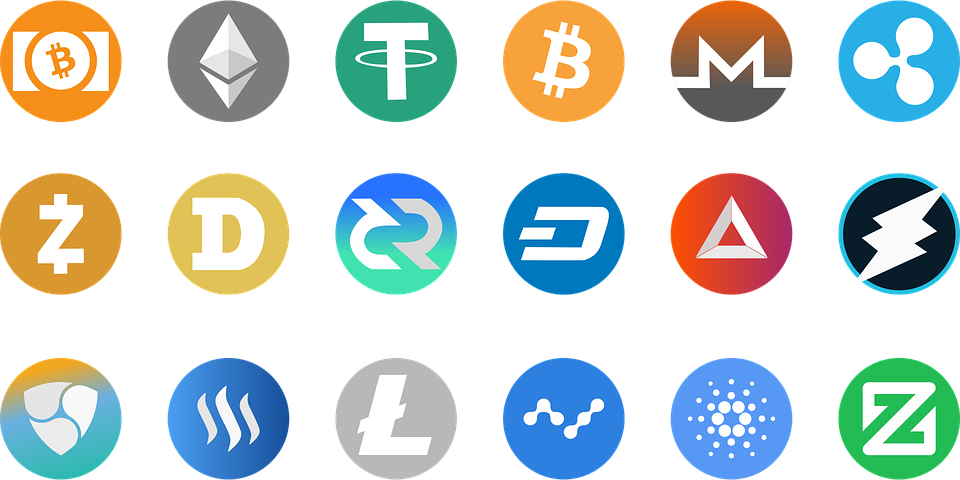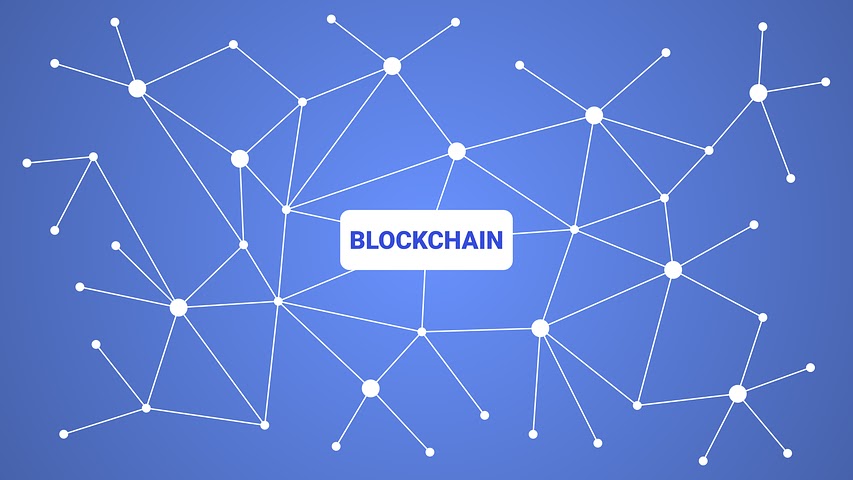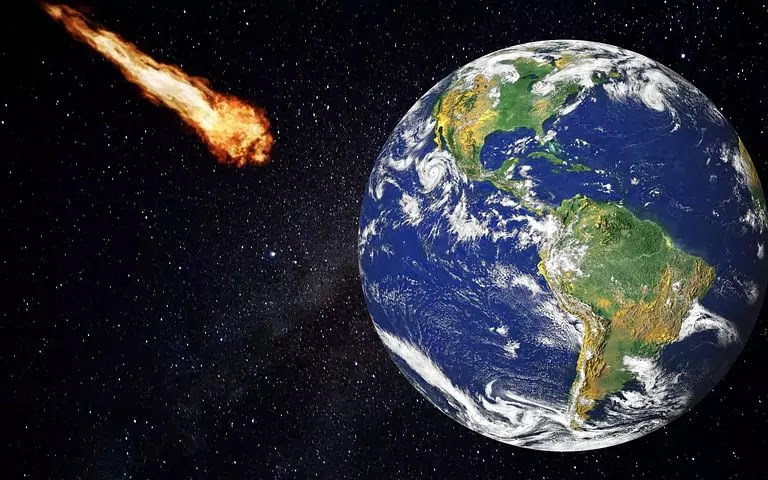Latest Posts
Saturday, 3 October 2020
Tuesday, 29 September 2020
This article lays the foundation for your work. It is highly recommended that you understand the concepts and perform the tasks discussed here, even if you feel they are basic or you already know them.
We will see how Google works...
Before we continue, there are a few basic terms that you should understand right off the bat. These terms are the most often misunderstood by beginners. There are other terms you’ll need to know, but let’s get through these first.
Rank, ranking:
PageRank:
Google’s patented system for specifying a web page’s importance, which is but a single, albeit important, factor that determines rank. Many people confuse a page’s rank (what position they are on a search results page) with a page’s PageRank (PR) value. They are totally separate. Because of the confusion around PageRank, it will be discussed in detail later on.
Keywords:
Keywords for those words and phrases that best define what a web page is all about, and are found in a variety of places on web pages. When someon enters a search term or phrase into Google, Google tries to find those web pages whose keywords match the search phrase the best. This is an oversimplification here, but you should get the idea. Some people confuse keywords with the META “Keywords” tag. They are not the same thing. The days of filling up the META Keywords tag with as many terms as possible are over. Google, along with most other search engines today, ignore META tags as they have been so abused.
Page title:
The title of a web page is the text contained between the <TITLE></TITLE> tags at the top of an HTML file and is displayed in the top bar of a browser window. It is not the first heading of a web page or any other large text that may be displayed at the top of a web page. This is an important distinction to know.
The Importance of Google
So why a special guide just on Google? Aren’t there hundreds, if not thousands, of search engines out there that need to be worried about? There are many other search engines and search directories that exist, but Google is the most prominent, most used, and most important of them all. At the very least, it is the search engine you should focus your website promotion efforts on first. So let’s discuss why this is so...
Without a doubt, Google is the largest and most used search engine in the world today. Google currently indexes over 4.3 billion Web pages (as well as PDF, Word, Excel and other files), over 880 million images, over 850 million Usenet (newsgroup) messages, performs more than 200 million searches per day, and has 82 million unique visitors per month (as of March 2004).
Google also currently provides search results to other search engines and directories, notably AOL, Netscape, Lycos, CompuServe, Earthlink, and AT&T Worldnet.
This means a # 1 ranking on Google also mostly likely will land you a # 1 position on these partner sites as well! I say “likely” because the partner sites tend to blend their results a little bit so the rankings across the partners may not be exact. With its partners included, Google alone is responsible for powering over 51% of all search engine traffic to websites.
Clearly, Google is where you need to focus your website promotion efforts. After you have applied the techniques discussed in this guide, have monitored your results, and then refined your efforts over several months time, you should start seeing dramatic results. As an aside, the other major search engines are starting to look for the same elements as Google. So if you get it right for Google, you have also gotten it right in general for all the other search engines!
How Google Works
This section explains those elements of the Google ranking process that will matter most to you. It is not meant however to be an exhaustive inside look of how Google works – only a handful of persons at Google know this.
Google, like other search engines, uses automated software to read, analyze, compare, and rank your web pages. So you need to know what elements and factors Google cares about, and how important these factors are in relation to each other.
Because this is an important concept, it will be repeated: Google uses automated software to analyze your website – not human beings. Which means that visual elements of your website that may matter to you – like layout, color, animation, Flash, and other graphics are ignored by Google. The Google search engine is like a blind person reading a book in Braille – anything that is graphical, spatial, or visual in nature is simply not seen.
As such, you need to start thinking like the Google search engine.
So What Is a Ranking?
As stated previously, a ranking on a search engine is a web page’s listing and relative placement on a results page (also known as a SERP) for a certain search query. As an example, if you type “house plans” into the search box at Google, you will get those listings displayed (10 listings per page by default) that Google deems most relevant to the search phrase house plans, sorted in order of relative importance.
The most relevant and most important web pages are listed in descending order. For Google, page relevancy is dependent on how well a web page “matches” a specific word search. Page importance on the other hand is dependent on the quality and quantity of links that point to your web page from other web pages (particularly from web pages on websites other than your own). The concept of link quality is important.
If your site does not appear in the top 30 for your most important category or subject, you might as well forget getting much traffic from Google or from any other search engine. Because many people never go past the first page for a search result, you really need to be in the top 10.
It can be debated how much more traffic a #1 gets compared to say, a #3 or a #10 ranking. Studies indicate that those listings “above the fold” on a results page (which means anything higher than a #4 or #3 depending on your monitor size, resolution, and other factors) do better than those below the fold as a certain percentage of people do not scroll. Above the fold is anything displayed on the page before you have to start scrolling.
When Google Comes Visiting
To be listed in Google’s database (or index), Google visits your site using automated programs called robots or spiders. Such programs “read” each and every page ofyour website, starting typically with your home page and then following each link to all other web pages on your site. When a search engine robot or spider visits your site, it is said to crawl or spider your site.
Important:
Google will not add a web page to its index unless there is at least one other web page in its index that links to one of your web pages. So don’t fret over submitting your site to Google directly. Rather, you need to get another website to link to your website first.
Website crawls are performed by the main Google spider, called Googlebot. Google updates its main index regularly and now tends to go with a more continuous almost-daily update although major monthly “updates” still happen. These major updates usually correspond to major ranking algorithm changes (like the Florida Update). The more “popular” your site, the more often it typically is crawled by Google. Highly ranked sites and sites that update content frequently (like news sites) get crawled daily.
The index update is generally based on content they have cached or stored in their database previously. Because of the nature of the update process, ranking calculations are performed multiple times for each page of every site. Because of the sheer number of web pages in the Google index, these calculations can take a while Note that PageRank calculations still are done monthly.
As such, search rankings can fluctuate - sometimes minute-by-minute. These fluctuations were sometimes called the Google Dance as your site’s ranking can jump around on a search results page (or even appear to drop completely). You can view other versions of the index on different servers at the ten major Google data centers by using the Google Dance Tool at http://www.google-dance.com.
Important:
It is critical that your website is up and running when Google visits you. If your site is down, your listing on Google may disappear until the next update! The reason is that Google thinks your site no longer exists and may remove it from the index.
If interested, you can check your server log files for the user-agent “Googlebot”. This will tell when Google crawls your site. You can also check by IP address although this method is not as accurate as Google uses different IP addresses for their robots, which can change over time. You can also look at the date displayed on the last line of your website’s listing on a Google search results page.
How Google Ranks Websites
Google uses a sophisticated and proprietary algorithm for ranking Web sites that uses over 100 different criteria in the calculation, each of which is given a specific weighting which can change over time. Because the algorithm can change, specific techniques that used to work well may no longer work as well over time. This is important to remember when your site’s ranking seems to change for no apparent reason. For this reason, optimizing your site should not be considered as a one-time task. You should always try, test, and refine your efforts.
With that said, the Google algorithm can be broken down into two major groups of factors:
On-page (keyword) factors.
Keyword factors involve how, where and when keywords are used. Meaning how well your website is optimized for your chosen keywords, and if those same keywords appear in links that point to pages on your site. Keyword factors determine page relevance.
Off-page (link) factors.
These include the quantity and quality of links that point to your site. Link factors determine page importance and are strongly related to Google PageRank (PR).
Very simply put, Google finds pages in its index that are both relevant and important to a search for a particular term or phrase, and then lists them in descending order on a search results page.
On-Page Factors and Page Relevance
Keywords are intrinsically related to search terms – those words and phrases that people enter into a search engine to find specific information. Most people enter 2 to 5-word phrases in Google to find what they are looking for. Google in turn analyzes all pages in its index and lists the pages which contain those search terms. Each website usually contains one or two keywords that are repeated more often than others throughout the site. These keywords dictate the “theme” of a website, and will be discussed later on.
How well you can define the theme of your site, and how well you can optimize the use of keywords that comprise the theme of your site, will greatly influence your ranking with Google.
Google determines the most relevant web pages based on a hypertext search and analysis of your site and of other sites that contain links to your site. Specifically, Google looks to see if the text of a link (the clickable portion) that points to your site, the title of the linking page, and other content on the linking page, also contain your keywords.
Note: When Internet marketers speak of optimizing a site for a search engine, they are usually talking about improving those aspects and elements of your website that will improve page relevance.
Off-Page Factors (PageRank) and Page Importance
Page importance is all about links - their quantity, quality, and strength, which we will discuss later on. This part of the algorithm is also called the Google PageRank (PR).
Google looks for links that point to your site from other websites. Google believes a link from website A to website B is a “vote” for the importance of website B. In this way, other websites add votes for your website, which in turn helps increase a pages PageRank value on your site. Each page on your site has a PR value. Usually the PR value is the highest for the home page as most people will link to your home page rather than another page on your site.
The more web pages that link to your site, the more important Google thinks your site is and hence the higher your PageRank value can be. Moreover, it is the quality, as well as the quantity, of links that matter – not all links are valued the same. However, keep in mind that PageRank is but a single (albeit important) factor used in ranking. Sites that are highly optimized for particular keywords can outrank sites that are less optimized but have higher PageRank values.
PageRank value is assigned after comparing every page on every site in the Google index against one another. This is over 3.3 billion web pages! Note that PageRank does NOT factor in keywords or phrases used on your site.
Note: When Internet marketers speak of increasing your link popularity, they are generally talking about increasing the quantity and quality of links to your site, generally through a reciprocal link exchange effort.
Top 5 Things Google Looks For
- Keywords used in the title of your pages (between the <TITLE> tags).
- Keywords used in headings (H1) and in the first paragraph of your pages.
- Keywords used in link text, both on your site AND on other websites.
- The PageRank (PR) value of your pages, which in turn is dependent on the number of links that point to your site from other sites.
- Pages that contain at least 250 words of relevant text content (and the more pages the better).
Monday, 21 September 2020
What is Solar Cycle ?
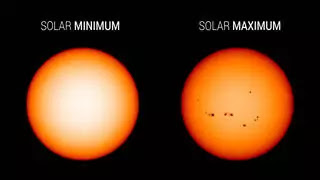 |
| Credits: NASA's Solar Dynamics Observatory/Joy Ng |
How Will Solar Cycle 25 Look Like?
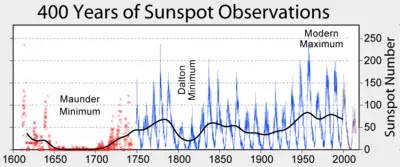 |
How will it affect our lives ?
Monday, 14 September 2020
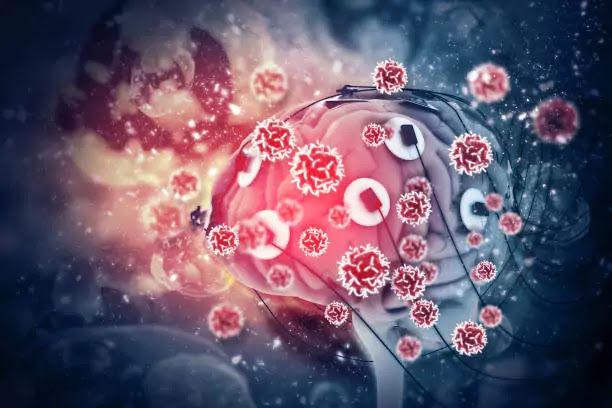 |




